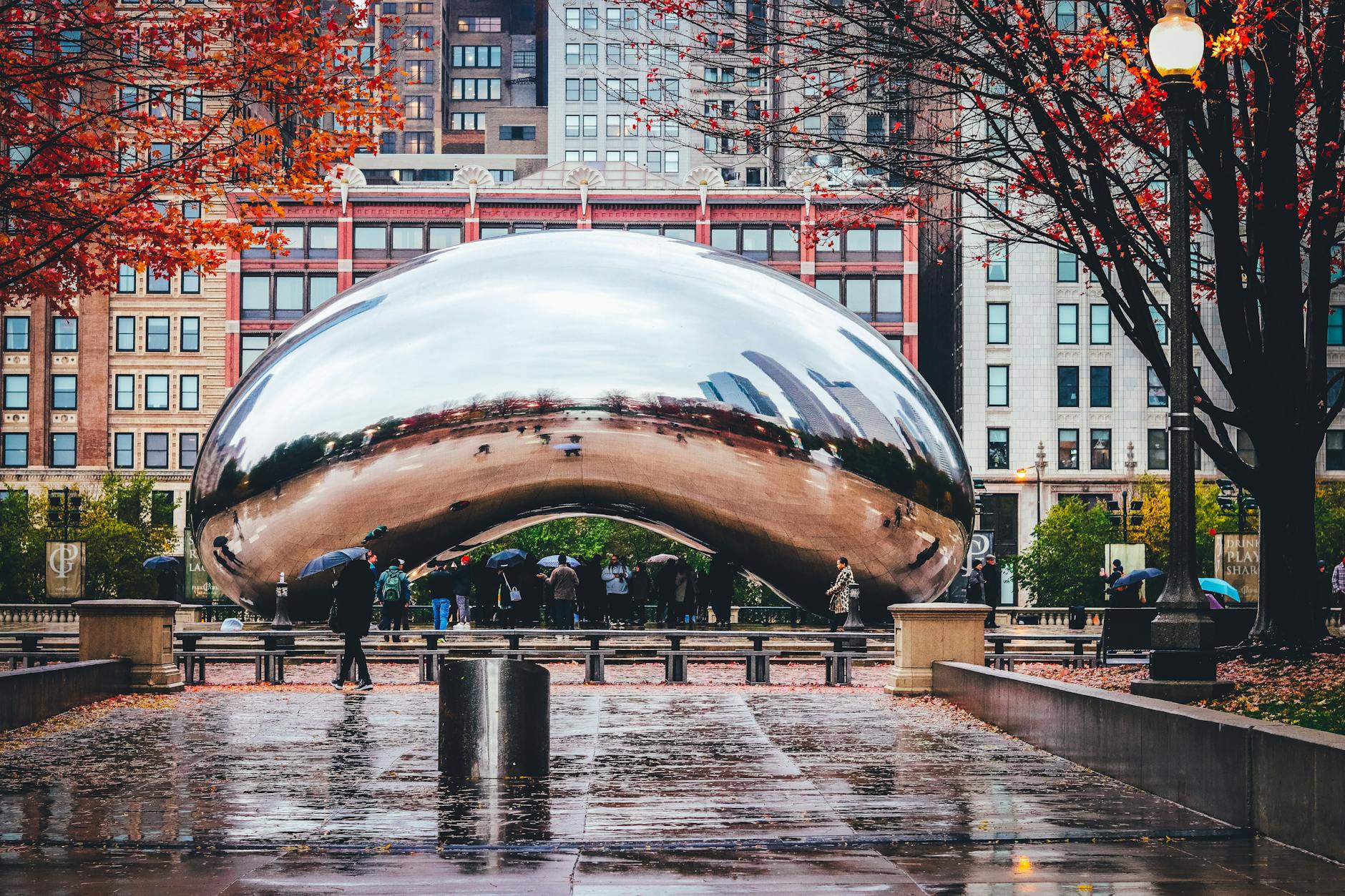Unlock the secrets of kidney stones with these must-know facts. Discover causes, symptoms, treatments, and prevention strategies now!
Table of Contents
When it comes to kidney stones, the pain and discomfort they cause can be incredibly intense. Understanding the causes, symptoms, and treatment options for kidney stones is essential for effectively managing this common health issue. In this comprehensive guide, we will dive deep into the world of kidney stones, providing you with all the information you need to know to take control of your health.
Catching a Stone: What Are Kidney Stones?
Kidney stones are solid mineral and salt deposits that form inside your kidneys. They can vary in size and shape, from as small as a grain of sand to as large as a golf ball. These stones can cause severe pain and can lead to complications if left untreated.
The Painful Reality: Symptoms of Kidney Stones
The symptoms of kidney stones are often unmistakable. The most common signs include:
- Severe pain in the back or side
- Pain that radiates to the lower abdomen and groin
- Painful urination
- Blood in the urine
- Nausea and vomiting
If you experience any of these symptoms, it is essential to seek medical attention promptly.
Unveiling the Culprits: Causes of Kidney Stones
There are several factors that can contribute to the formation of kidney stones, including:
- Dehydration: Not drinking enough water can lead to concentrated urine, making it easier for stones to form.
- Diet: Consuming high amounts of salt, sugar, and protein can increase the risk of developing kidney stones.
- Genetics: A family history of kidney stones can predispose you to developing them yourself.
Understanding these risk factors can help you take preventative measures to reduce your chances of developing kidney stones.
Breaking Down the Treatment Options
Depending on the size and location of the kidney stones, treatment options may vary. Your healthcare provider may recommend:
| Fact | Information |
|---|---|
| Definition | Hard deposits made of minerals and salts that form inside your kidneys |
| Symptoms | Severe pain in the side and back, pain that radiates to the lower abdomen and groin, painful urination, blood in the urine, nausea, and vomiting |
| Causes | Dehydration, diet high in protein, sodium, and sugar, certain medical conditions like gout and urinary tract infections |
| Treatment | Drinking plenty of water, pain medication, medications to help pass the stone, and sometimes surgery |
| Prevention | Staying hydrated, eating a balanced diet, and avoiding foods high in oxalate |
- Drinking plenty of water to help flush out the stones
- Taking pain medication to manage discomfort
- Medical procedures such as shock wave lithotripsy or surgery to remove larger stones
- Dietary changes to prevent future stone formation
It is essential to follow your healthcare provider’s recommendations to effectively manage kidney stones.
Preventing Stones from Rolling In
Prevention is key when it comes to kidney stones. Here are some tips to help reduce your risk:
- Stay hydrated by drinking plenty of water throughout the day
- Follow a balanced diet that is low in salt and animal protein
- Limit your intake of processed foods and sugary drinks
- Monitor your calcium and oxalate intake, as certain foods high in these substances can contribute to stone formation
By making lifestyle changes and adopting healthy habits, you can decrease the likelihood of developing kidney stones.
Closing Thoughts
Knowledge is power when it comes to your health. By understanding the causes, symptoms, and treatment options for kidney stones, you can take proactive steps to manage this condition effectively. Remember to listen to your body, stay hydrated, and follow your healthcare provider’s guidance to keep kidney stones at bay. Stay informed, stay healthy, and take control of your well-being.
Now, let’s address some commonly asked questions about kidney stones:
Are kidney stones a common health issue?
Yes, kidney stones are a prevalent health concern, affecting around 1 in 10 people at some point in their lives. They can cause significant pain and discomfort, making it essential to be aware of the symptoms and risk factors.
Can kidney stones be passed naturally?
In some cases, smaller kidney stones may be passed naturally through urine without medical intervention. Drinking plenty of water and taking pain medication can help facilitate the passage of stones. However, larger stones may require medical treatment to be removed.
What role does diet play in the formation of kidney stones?
Diet can play a significant role in the formation of kidney stones. Consuming foods high in salt, sugar, and animal protein can increase the risk of developing stones. It is essential to follow a balanced diet, stay hydrated, and limit intake of foods that can contribute to stone formation.
Are there any long-term complications associated with kidney stones?
If left untreated, kidney stones can lead to complications such as recurrent urinary tract infections, kidney damage, and blockages in the urinary tract. It is crucial to seek prompt medical attention if you suspect you have kidney stones to prevent long-term complications.





